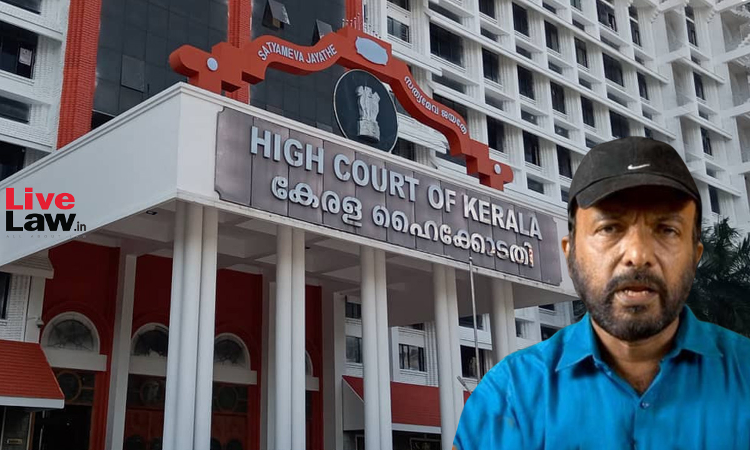Kerala High Court Grants Bail To Journalist 'Crime' Nandakumar Accused Of Verbally Abusing Woman Colleague
Hannah M Varghese
21 July 2022 12:50 PM IST

Next Story
21 July 2022 12:50 PM IST
The Kerala High Court on Thursday granted bail to journalist T.P Nandakumar who was arrested last month on charges of verbally abusing a former woman employee and allegedly forcing her to make a vulgar video. Nandakumar, more commonly known as 'Crime' Nandakumar, is the chief editor of Crime Magazine.Justice Ziyad Rahman A.A allowed the appeal moved by the journalist primarily because...
